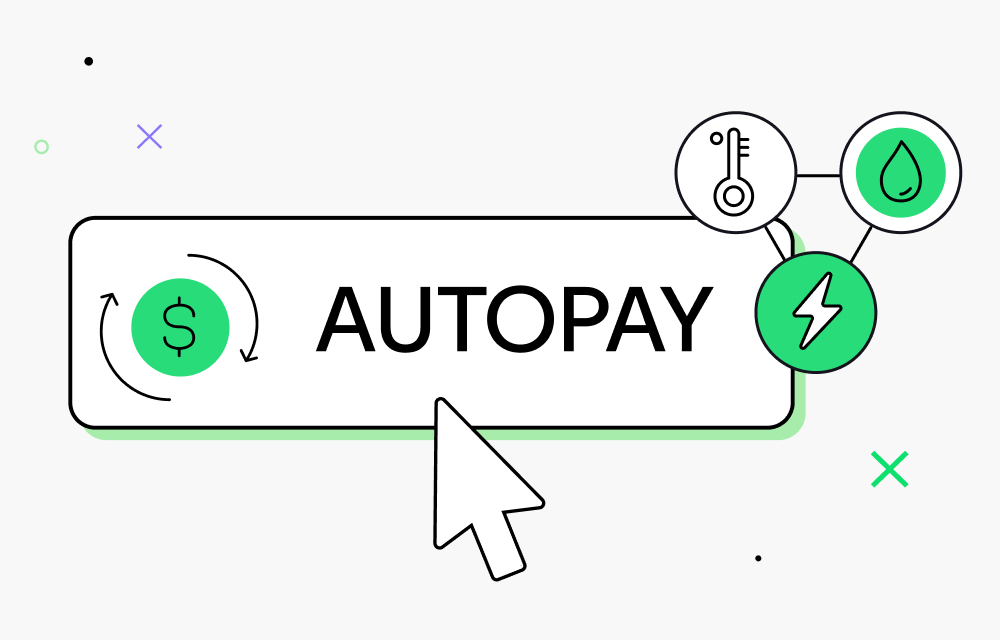3 Payment Challenges Plaguing Merchants Post COVID-19
COVID-19 has disrupted many aspects of life, especially in the financial sector. In a webinar that Trustly hosted with The Merchant Advisory Group, attendees were asked what major payment challenges they had encountered that had been amplified by COVID-19. According to the results, the four most prevalent payment challenges being faced today are increasing processing costs, increasing fraudulent transactions, increasing chargebacks, and increasing false positives.
Much of these challenges can be attributed to the pandemic-related rise in digital and contactless transactions. Changing consumer behavior, increased risk, and fraud, and a rise in chargeback culture have rendered traditional payment solutions outdated and unreliable. These challenges have also sparked innovation in financial technology and have led many merchants to seek out modern payment solutions for a changing world.
Trustly Open Banking Data and Payments were built with the modern consumer in mind and can help merchants combat payments challenges that are hindering growth or reducing efficiency. Our Open Banking solutions can significantly reduce processing costs, strengthen data security, eliminate chargebacks, and improve authentication rates.
Increasing Processing Costs
The most concerning payments challenge for merchants, post-COVID-19 is increasing processing costs. According to our survey with the Merchant Advisory Group, 88% of participants say this has been a challenge they’ve been facing since COVID. Processing fees and interchange rates are a normal part of doing business but with much of the world turning to online transactions, and credit card companies increasing their fees, merchants are being hit harder than ever.
While increasing interchange fees are often seen as the price of doing business, many merchants have argued that the rising fees coupled with the effects of inflation are significantly impacting their bottom line. Reliance on credit cards has negative effects on both the merchant and the consumer. Open Banking helps resolve these pain points by allowing merchants to move money between bank accounts in real-time, bypassing all the card networks and their associated operational fees.
Increasing Fraudulent Transactions
Another very common issue that has been enhanced as an effect of the pandemic is an increased amount of fraudulent transactions. According to our survey, 48% of merchants have faced an increased amount of these fraudulent transactions. Social distancing and the long-lasting effects of the pandemic have influenced consumer behavior and contactless, digital payment methods have become more and more in demand. The FBI’s Internet Crime Report for 2021 reported record levels of internet crime amounting to $6.9 billion, including compromised payments.
Fraudulent transactions most frequently happen in two ways: by fraudulently using the actual card of the consumer for a transaction or committing card-not-present (CNP) fraud, fraudulent behavior that involves l siphoning money from the card online or over the phone. According to research by J.P. Morgan, 86 percent of consumers were the victim of some sort of credit/debit card fraud, identity theft, or data breach in 2020, up 6 percent from the previous year.
Trustly ensures that merchants are compliant with the latest data security standards, according to NACHA. Through Secure Consumer Authentication (SCA) and Trustly tokenization, sensitive data is kept secure, in use, in transit, and at rest.
Increasing Chargebacks
Increasing chargebacks is another major challenge that has been amplified as an effect of COVID. According to our survey with the Merchant Advisory Group, 64% of merchants have been suffering from an increase in customer-initiated chargebacks and refund requests.
At the onset of the pandemic, many chargebacks were instigated by cancellations but, post-pandemic, there are still long-term drivers impacting the chargeback rates for merchants. A report by the Mercator Advisory Group identifies several factors contributing to the rise in chargebacks. Among the top reasons for chargebacks include delivery delays, scaling inefficiencies, customer service delays, and labor shortages.
Trustly helps merchants mitigate chargebacks by guaranteeing payments. With guaranteed payments, Trustly absorbs the chargeback risk for the merchant. Chargeback fees, when factoring in transaction costs, operations costs, and marketing and acquisition costs can amount to more than twice that of the original transaction so eliminating that risk can amount to serious cost savings for merchants.
New Problems for Merchants Require New Solutions
For too long, merchants have remained reliant on card systems to make and process transactions. However, consumer behavior has shifted, processing and interchange fees have increased, and fraudulent behavior has become more sophisticated. Trustly believes in payments that are reimagined and work to benefit the merchant as well as the consumer. With Open Banking, Trustly can help modernize their payment infrastructure, bypass the card networks, and enable consumers to make fast, simple, and secure payments directly from their online banking accounts. Get a demo and chat with our sales team today.










